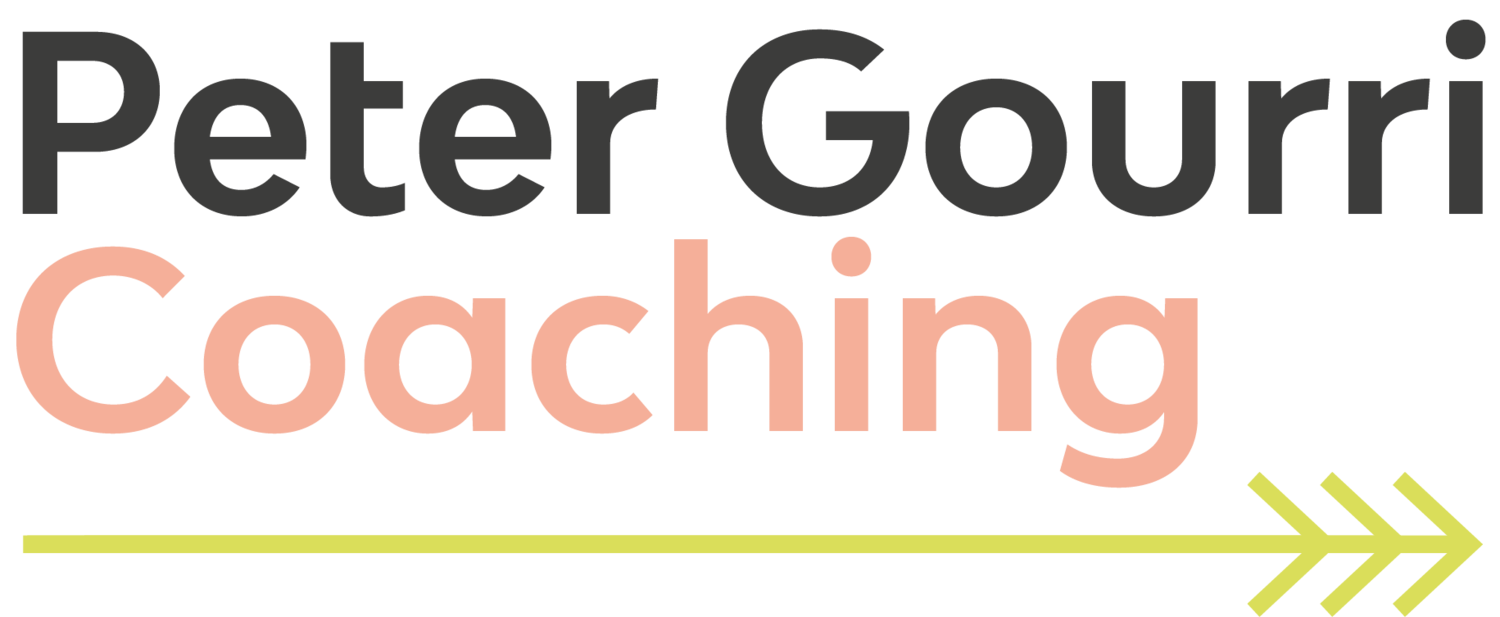Overcoming Burnout
Being overwhelmed and burnt out was commonplace when I was a lawyer in private practice. Individuals had their different ways of dealing with it: exercise, hobbies, alcohol, anger, and, in the worst cases, mental health issues. Such situations can cost businesses wasted time and the loss of effective, efficient, and productive time. More importantly, it isn’t a pleasant experience on a human level but can be overcome with healthy practices, creating a more positive and productive workplace environment.
Everyday experiences in today's fast-paced world often result from prolonged stress, excessive workload, and a lack of balance between personal and professional life. Here’s a brief breakdown of both, as well as some potential solutions to help avoid and alleviate them:
Overwhelm
Overwhelm can occur when tasks or emotions feel unmanageable due to volume or complexity. It's typically a short-term response to stress, but it can lead to burnout if left unmanaged. Signs of overwhelm include:
- Feeling constantly behind or unable to catch up
- Difficulty focusing or prioritizing tasks
- Anxiety, irritability, or frustration
- Physical symptoms like headaches or muscle tension
There are numerous ways to manage overwhelm, but here are a quick few to help you along:
- Break tasks into smaller steps: Focus on one thing at a time.
- Set boundaries: Learn to say no or delegate tasks.
- Take breaks: Step away when stress builds up to reset your focus. A quick walk can do wonders.
- Practice mindfulness: Techniques like deep breathing can help manage anxiety in the moment.
Burnout
Burnout is a state of emotional, mental, and physical exhaustion caused by prolonged, excessive stress. It develops over time, leading to disengagement from work or daily responsibilities. Common signs include:
- Chronic fatigue and lack of energy
- Decreased performance and motivation
- Emotional numbness or feeling detached
- Physical symptoms such as insomnia, frequent illness, or digestive issues. In worst cases, the stress caused by burnout can contribute to the onset of Type 2 diabetes.
Ways to recover from burnout:
- Prioritize rest and recovery: Sleep and relaxation are essential to recharge.
- Set realistic goals: Align your workload with what is sustainable.
- Reconnect with what brings joy: Engage in hobbies, social activities, or self-care.
- Seek support: Talk to a coach, counselor, therapist, or trusted friend about your feelings.
Understanding these states can help you recognize when you’re approaching them and take steps to prevent or recover from them. I’m curious: What strategies have you found effective in managing overwhelm and burnout? If you're comfortable, please share your experiences.

